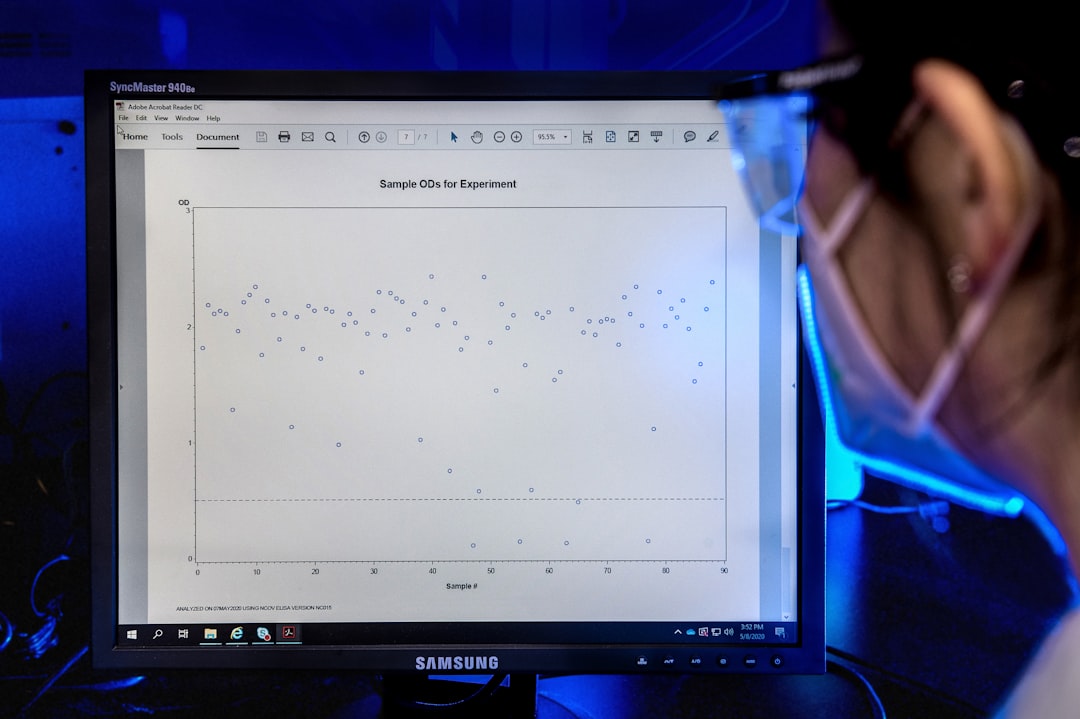In today’s fast-paced business environment, Human Resources (HR) professionals are more critical than ever. From nurturing culture to ensuring legal compliance and improving employee engagement, HR’s role has expanded significantly. However, managing these responsibilities manually is no longer efficient or sustainable. This is where modern HR tools come in — software solutions designed to automate, streamline, and enhance core HR functions.
Modern businesses must stay ahead by implementing tools that not only elevate operational efficiency but also contribute meaningfully to organizational success. Below, we explore the top HR tools every serious organization should consider integrating into their HR stack.
1. Applicant Tracking Systems (ATS)
An Applicant Tracking System (ATS) is essential for managing recruitment processes effectively. These systems help HR departments organize applications, filter candidates, schedule interviews, and communicate with potential hires more efficiently.
Leading ATS Solutions:
- Greenhouse: Known for its structured hiring approach and comprehensive analytics.
- Lever: Combines ATS and CRM functionalities to boost talent acquisition.
- BambooHR: Offers a user-friendly interface and integrates well with other HR tools.
Modern ATS platforms also feature customizable workflows, enabling HR teams to tailor recruitment pipelines to meet their specific needs.

2. Human Resource Information Systems (HRIS)
A robust HRIS serves as the backbone of an organization’s HR operations. These systems consolidate employee records, manage benefits, and support payroll processing, all within a centralized platform.
Capabilities to Look for in an HRIS:
- Employee record management
- Benefits administration
- Payroll integration
- Compliance tracking and reporting
Top Picks: Workday, SAP SuccessFactors, and Zenefits. These platforms are renowned for their reliability, scalability, and strong analytics capabilities. Whether you’re a startup or a large enterprise, an effective HRIS is vital for accuracy and data security in HR operations.
3. Performance Management Tools
Evaluating and enhancing employee performance is central to HR’s core mission, and performance management tools play a vital role in achieving this. These platforms allow for regular feedback, goal tracking, and performance reviews in a structured and transparent manner.
Recommended Tools:
- Lattice: Emphasizes company-wide goal alignment and real-time feedback.
- 15Five: Offers lightweight check-ins and peer recognition features.
- Reflektive: Enables continuous performance reviews and personalized growth paths.
Beyond evaluations, performance management tools foster a culture of accountability and continuous improvement — key ingredients in retaining top talent.
4. Employee Engagement Platforms
Employee satisfaction directly affects productivity and retention. Engagement tools help organizations assess and improve morale using detailed surveys, social recognition, and feedback loops.
Key Features to Consider:
- Pulse surveys and sentiment analysis
- Anonymous feedback collection
- Recognition and reward systems
- Team-building activity suggestions
Some outstanding platforms in this field include Culture Amp, TinyPulse, and Officevibe. These tools deliver rich data insights that inform leadership decisions and improve the overall employee experience.

5. Learning Management Systems (LMS)
Employee development is no longer a luxury — it’s a necessity. A modern business must invest in continuous learning through a solid Learning Management System. These platforms enable HR to deliver, track, and manage employee training programs efficiently.
Popular LMS Platforms:
- Udemy Business: Offers a vast content library from industry experts.
- Docebo: Features AI-driven learning paths and strong analytics.
- TalentLMS: Highly customizable and scalable for different business sizes.
A strong LMS not only enhances skill development but also supports compliance training, which is crucial in highly regulated industries.
6. Payroll and Benefits Administration Tools
Managing payroll and benefits accurately is essential for maintaining trust and avoiding compliance issues. Automation in this area minimizes manual errors, ensures timely payouts, and streamlines tax filings.
Recommended Platforms:
- Gusto: Ideal for small to medium-sized businesses, with benefits integration.
- ADP: One of the most comprehensive solutions scaling from SMBs to large enterprises.
- Paychex: Offers robust payroll and benefits services backed by expert support.
Integrating payroll tools with time tracking, benefits, and tax compliance solutions ensures a seamless end-to-end experience for HR teams and employees alike.
7. Time and Attendance Solutions
Tracking employee hours effectively is critical to labor management and legal compliance. Advanced time and attendance tracking tools eliminate punch-in fraud, monitor remote workers, and help businesses understand workforce productivity trends.
Top Tools in This Category:
- TSheets by QuickBooks: Offers GPS tracking and an intuitive mobile interface.
- Kronos (now UKG Ready): Highly customizable with scheduling and attendance features.
- Deputy: Great for shift-based businesses and real-time workforce management.
Whether your team is office-based, hybrid, or fully remote, these tools ensure accurate recordkeeping and enhance operational efficiency.
8. Compliance Management Software
Staying compliant with local, state, and federal employment laws is non-negotiable. Compliance tools help HR departments navigate evolving regulations pertaining to labor laws, workplace safety, and employee documentation.
Some great tools include:
- Mineral (formerly ThinkHR): Provides up-to-date legal guidance and policy templates.
- Navex: Offers risk management, policy training, and workflow automation.
- HR Acuity: Specializes in investigations and incident tracking.
These platforms secure organizational integrity by standardizing documentation, offering legal expertise, and ensuring policy transparency.
9. HR Analytics Platforms
Today’s HR leaders must make data-informed decisions. HR analytics tools generate actionable insights from employee data, helping improve retention, performance, and overall HR strategy effectiveness.
Powerful Tools Include:
- Visier: Delivers deep workforce intelligence and forecasting tools.
- ChartHop: Combines organizational charts with people analytics.
- PeopleInsight: Offers cross-platform reporting for holistic HR analysis.
Such platforms elevate HR from operational to strategic, enabling top executives to align talent management with business goals.
Conclusion
For any business poised for growth and sustainability, investing in the right HR tools is not just beneficial—it’s essential. These technologies automate routine tasks, empower employees, enhance data security, and allow HR professionals to focus on strategic decision-making. From streamlining recruitment to fostering a resilient workplace culture, modern HR tools are indispensable assets for competitive organizations.

By thoughtfully integrating these solutions, businesses not only future-proof their workforce management but also build a foundation of trust, productivity, and agility in an ever-changing corporate landscape. Evaluating and choosing the right combination of HR tools will set your organization on the path to long-term success and operational excellence.
